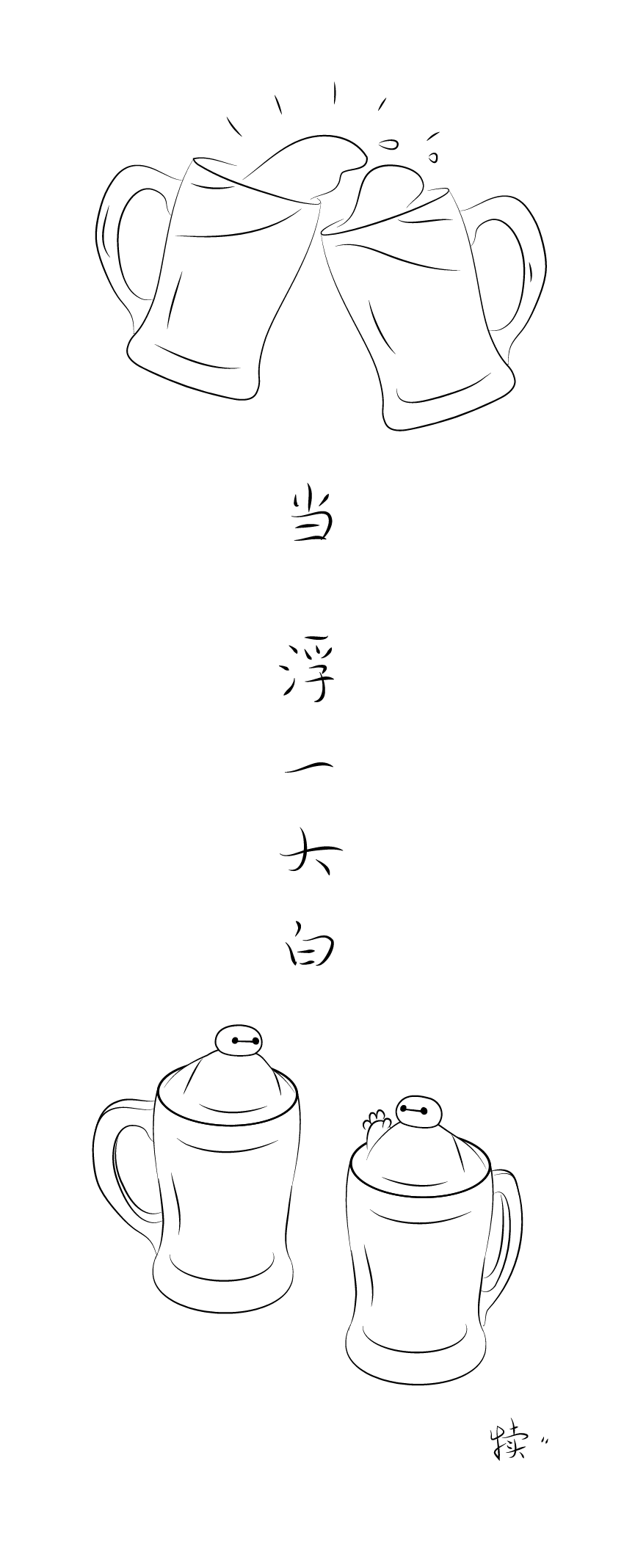Sorry, this entry is only available in 中文.
Category: Miscellaneous
控枪——美国政治的斗争与谎言
毒喊捉毒的反鸡汤
A wonderfully peculiar book
唐杜里考(伪)
当浮一大白
On moving
A life of games
To celebrate the recovery of the site
Building a Chinese Vocabulary
Exploring new words is always an enchanting experience. Since English is my second language, I still remember the hours I spent in college working on those GRE word books. Many of those “advanced” words look esoteric at first glance, especially when they come in huge flocks with brief explanations in Chinese. Only when I later encountered them in newspapers and magazines did I find them so expressive in context. There are quite some vocabulary books with well-explained words meticulously picked, and apart from the bland gossips on Facebook and Twitter, I can see people still cherish and make effort to build their vocabulary.
When I reflected on the situation for my mother tongue, I was astonished to find that I just cannot remember the last time I saw a Chinese vocabulary book. We don’t have a vocabulary-focused verbal test such as SAT or GRE, and the Chinese language tests for our college entrance is more of a farrago of literal criticism, ancient Chinese analysis and prose writing. Are the Chinese people really good at their language? I doubt so. I miss the excitement of finding an inspiring new word in reading. We don’t even have proper wordbooks. Of course there are dictionaries, or dictionaries of “Chinese Idioms” or 成语, but dumping 50,000 words at you without discretion is not helpful. We don’t need to waste time on the most common ones, and many a word is literally “dead”, as you can hardly find an example of usage in modern Chinese and dictionaries give nothing but their origins.
Here I made my humble attempt. I took the Contemporary Chinese Dictionary, assuming most of the words therein are still arguably “alive”. Then I picked out those words marked “〔书〕” (literal text). This list is not perfect for sure, but it does remind me of some words that I should have learnt to use.

